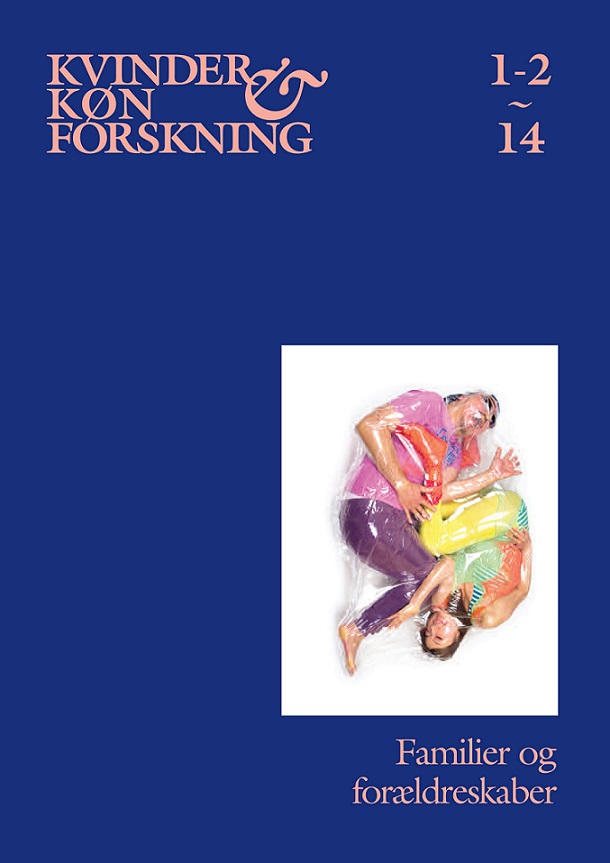Tillfällighetsmodrande och föräldralösa barn i amerikanska post-9/11-romaner
DOI:
https://doi.org/10.7146/kkf.v0i1-2.28500Keywords:
motherhood, mothering, orphan, nationalism, 9/11Abstract
This article explores how ideas about national identity are staged and critiqued through representations of family relations in two American post-9/11 novels, focusing more specifically on mothering and the orphan child. Michael Cunningham’s Specimen Days (2005) and Lynne Sharon Schwartz’s The Writing on the Wall (2005) feature orphan children and women who take on the task of mothering them, if only temporarily, in the aftermath of the terrorist attacks. These orphans, as well as the women who mother them, serve to destabilize the “naturalness” of motherhood as well as the naturalization of the nuclear family. They are also interesting in that they talk back to a broadly mediatized nationalist rhetoric in the US that glorifies (dead) fathers and constructs mothers as suspect or unpatriotic if unwilling to support such glorification. Discussing meanings of orphanhood and motherhood from a critical perspective informed by feminist theory, family studies and American studies, this article proposes that fiction is a productive site for investigating nationally and culturally specific constructions of family, parenthood, and childhood.
Downloads
Published
How to Cite
Issue
Section
License
Publications in Women, Gender and Research are licensed under Creative Commons License: CC Attribution-NonCommercial 4.0

